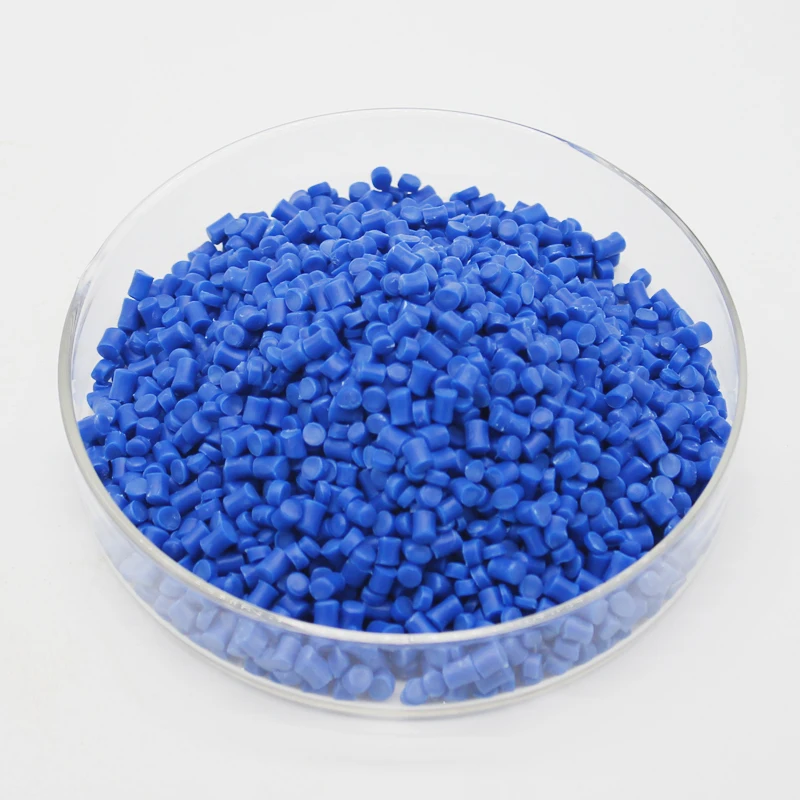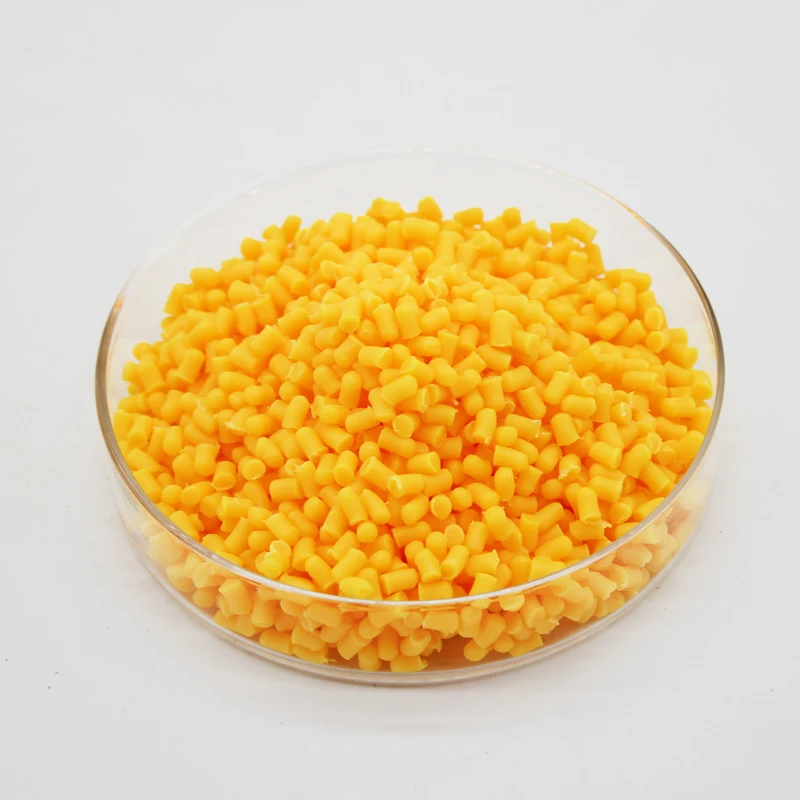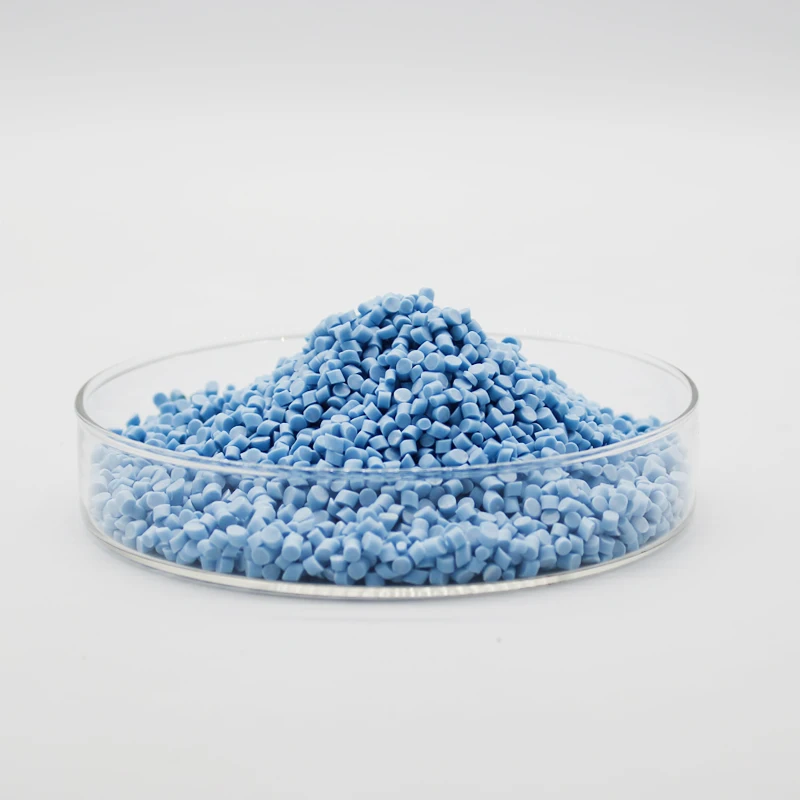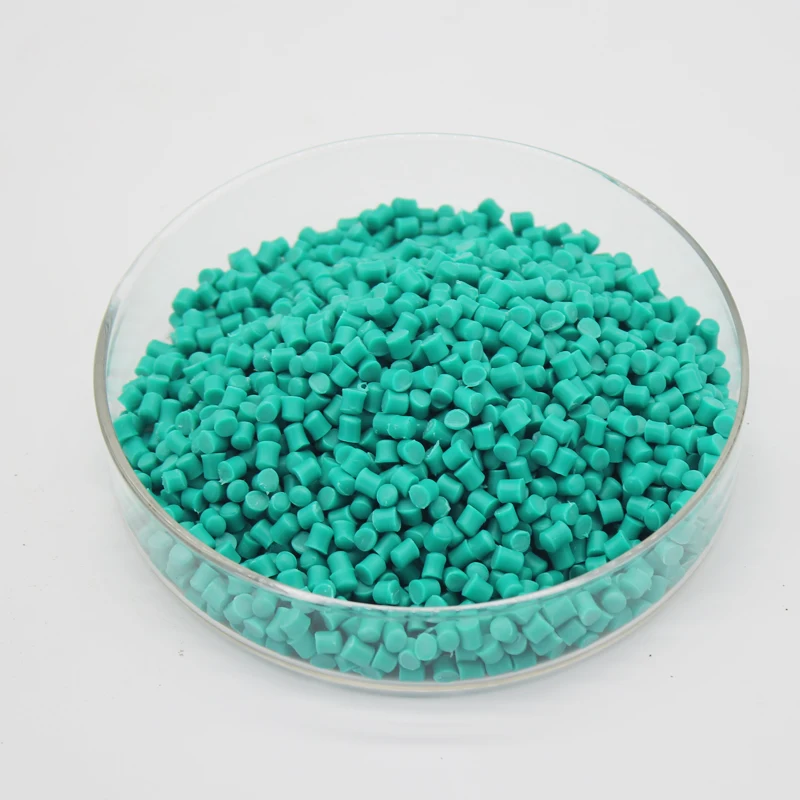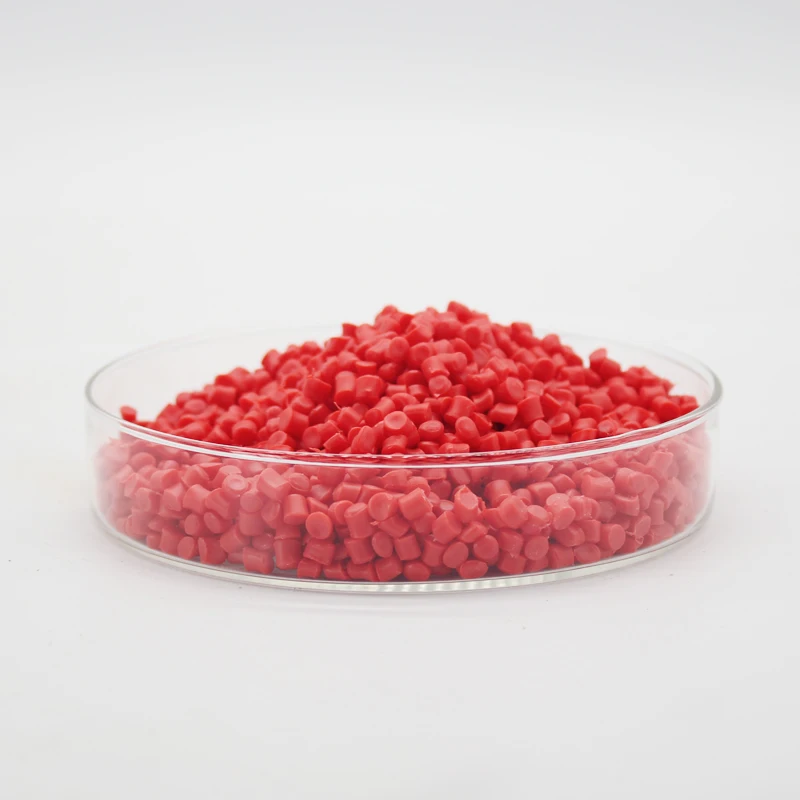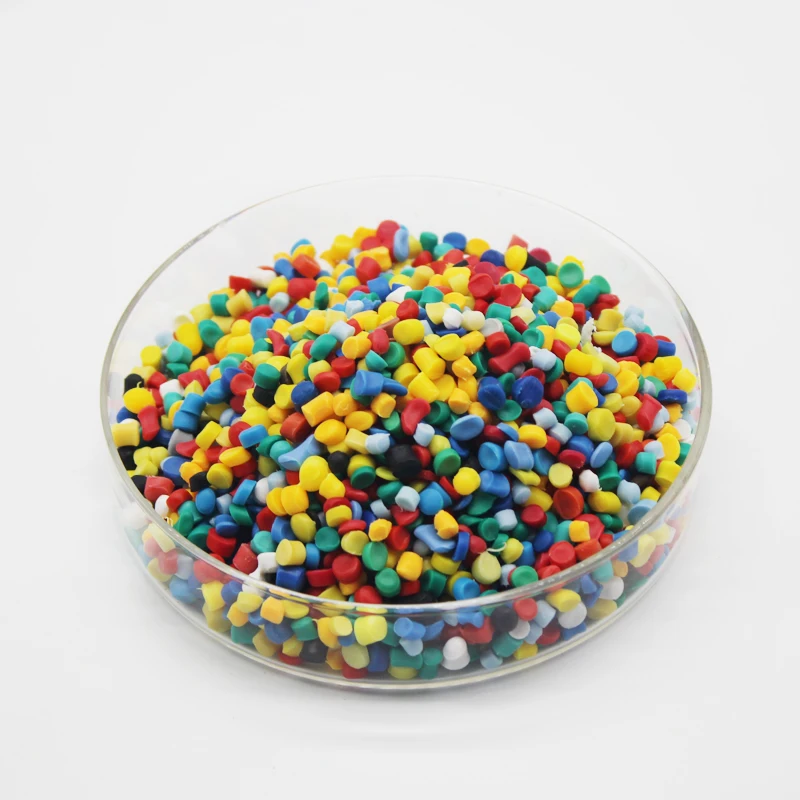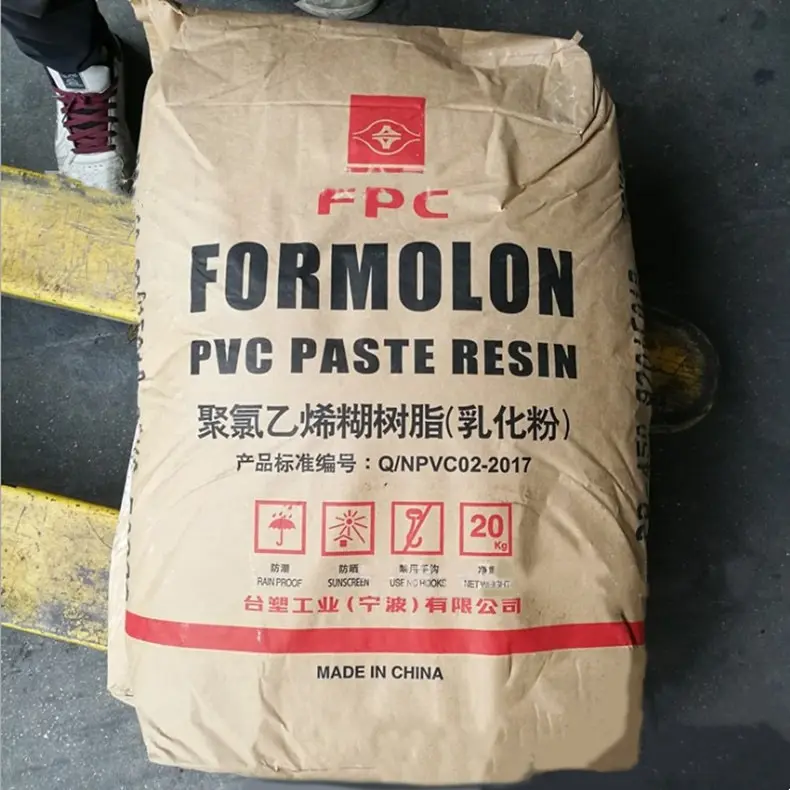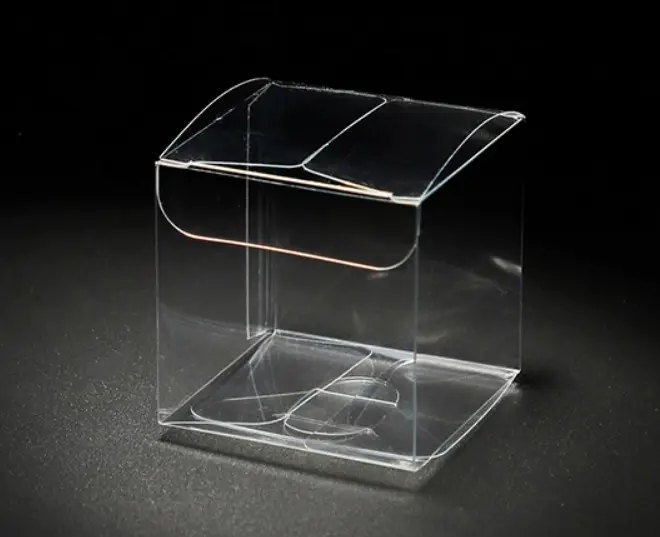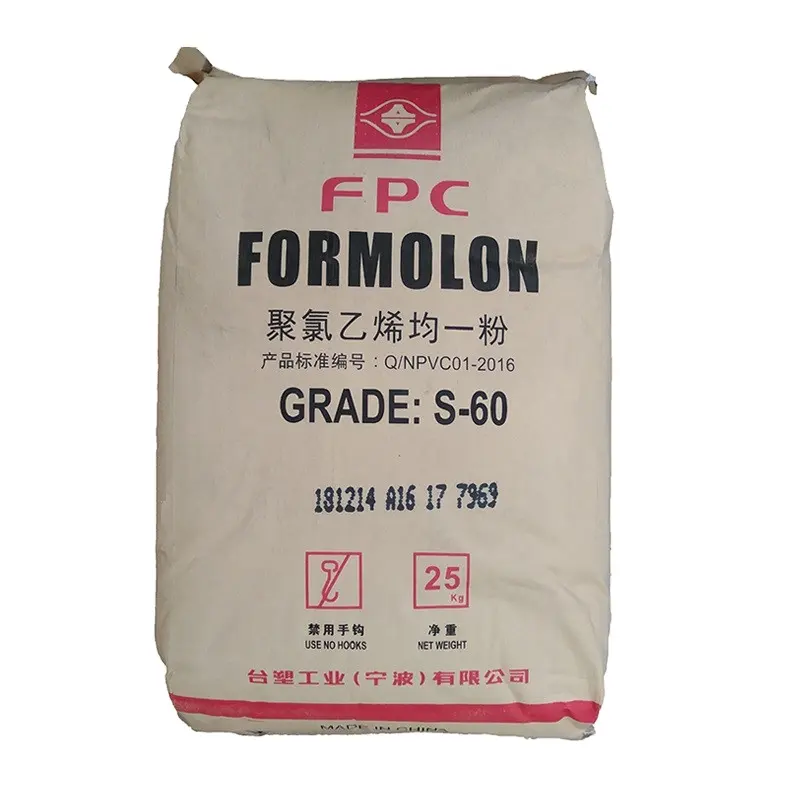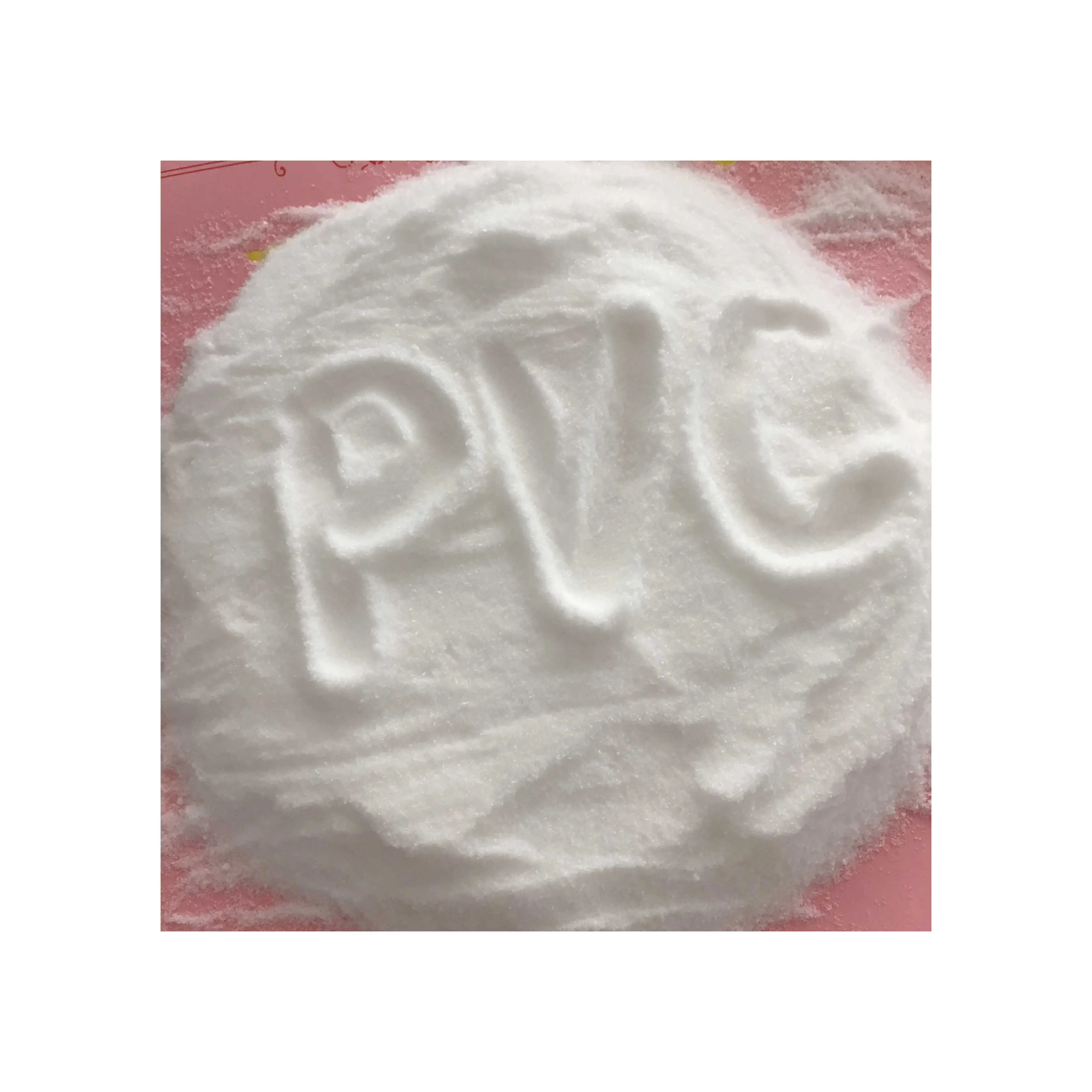Пластиковые гранулы высокой твердости жесткая поливинилхлоридная смола ПВХ для строительной
- Категория: PVC >>>
- Поставщик: Henan,Saifu,Trading,Co.,Ltd.
Поделиться:
Описание и отзывы
Трекер стоимости
| Месяц | Минимальная цена | Макс. стоимость |
|---|---|---|
| Sep-19-2025 | 0.95 $* | 0.28 $* |
| Aug-19-2025 | 0.22 $* | 0.7 $* |
| Jul-19-2025 | 0.74 $* | 0.80 $* |
| Jun-19-2025 | 0.55 $* | 0.5 $* |
| May-19-2025 | 0.86 $* | 0.39 $* |
| Apr-19-2025 | 0.31 $* | 0.47 $* |
| Mar-19-2025 | 0.7 $* | 0.4 $* |
| Feb-19-2025 | 0.59 $* | 0.59 $* |
| Jan-19-2025 | 0.4 $* | 0.48 $* |
Характеристики
High Hardness Plastic Pellets Rigid PVC Polyvinyl Chloride Resin For Building Industry

PRODUCT DESCRIPTION
Polyvinyl chloride, abbreviated as PVC (Polyvinyl Chloride) in English, is a vinyl chloride monomer (VCM) in peroxides, azo compounds and other initiators; or under the action of light and heat according to the free radical polymerization reaction mechanism Polymers formed by polymerization. Vinyl chloride homopolymer and vinyl chloride copolymer are collectively referred to as vinyl chloride resin. PVC is the world's third-most widely produced synthetic plastic polymer. It comes in two basic forms: rigid (sometimes abbreviated as RPVC) and flexible. The rigid form of PVC is used in construction for pipe and in profile applications such as doors and windows. It is also used in making plastic bottles, non-food packaging, food-covering sheets and plastic cards (such as bank or membership cards). It can be made softer and more flexible by the addition of plasticizers, the most widely used being phthalates. In this form, it is also used in plumbing, electrical cable insulation, imitation leather, flooring, signage, phonograph records, inflatable products, and many applications where it replaces rubber. With cotton or linen, it is used in the production of canvas. Pure polyvinyl chloride is a white, brittle solid. It is insoluble in alcohol.It is a more flexible and more easily processed material that soon achieved widespread commercial use.

SPECIFICATION
Pa | Shore |
45 | 89±2,87~91A |
50 | 86±2,84~88A |
55 | 83±2,81~85A |
60 | 80±2,78~82A |
65 | 78±2,76~80A |
70 | 75±2,73~77A |
75 | 72±2,70~74A |
80 | 69±2,67~71A |

ADVANTAGES
APPLICATION FIELDS
PVC used to be the largest general-purpose plastic with a wide range of applications. It is widely used in construction industrial products, daily necessities, floor leather, floor tiles, artificial leather, pipes, cables, packaging films, bottles, world wire materials, sealing materials, fibers, etc.

PACKAGE

FAQ
1. How can we guarantee quality?
Always a pre-production sample before mass production;
Always final Inspection before shipment;
2. Why should you buy from us not from other suppliers?
With advance production equipment, professional management talent, strong scientific research team, perfect after-sale service system, all those conditions guaranteed HL-brand growing strong every day. Now, Hualian products selling spread all over of China.
3. What services can we provide?
Accepted Delivery Terms: FOB,CFR,CIF;
Accepted Payment Currency:USD;
Accepted Payment Type: T/T,L/C,D/P D/A,PayPal;
Language Spoken:English
Always a pre-production sample before mass production;
Always final Inspection before shipment;
2. Why should you buy from us not from other suppliers?
With advance production equipment, professional management talent, strong scientific research team, perfect after-sale service system, all those conditions guaranteed HL-brand growing strong every day. Now, Hualian products selling spread all over of China.
3. What services can we provide?
Accepted Delivery Terms: FOB,CFR,CIF;
Accepted Payment Currency:USD;
Accepted Payment Type: T/T,L/C,D/P D/A,PayPal;
Language Spoken:English
